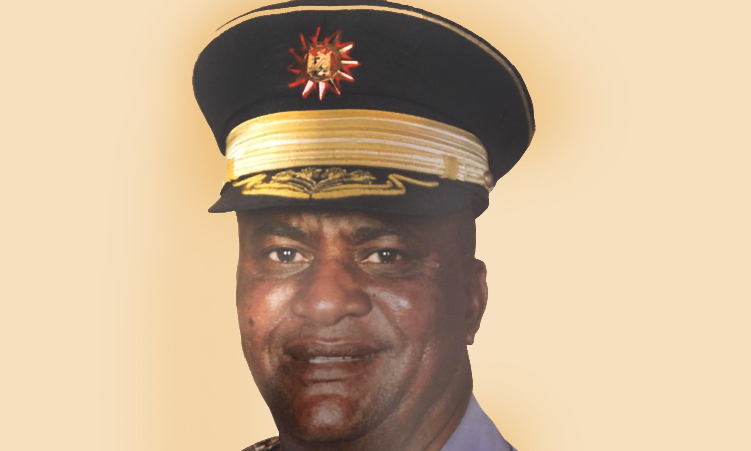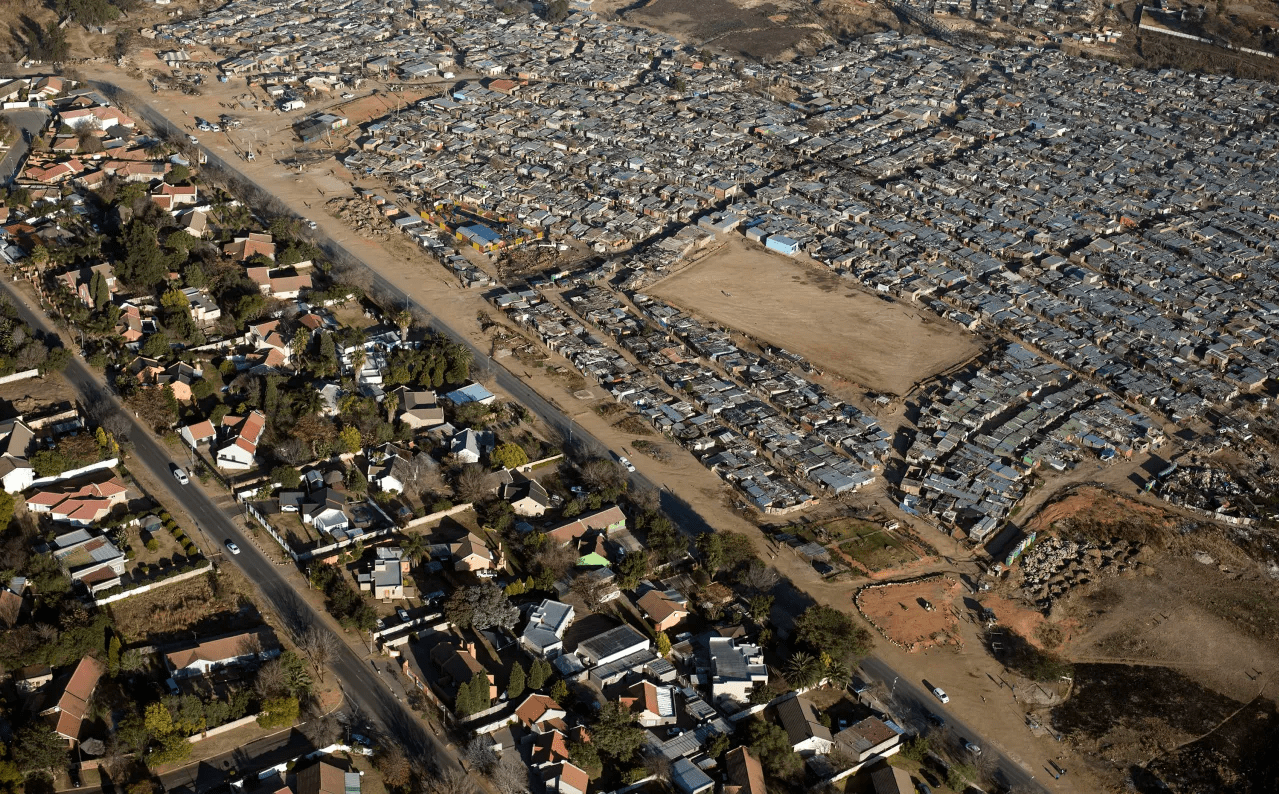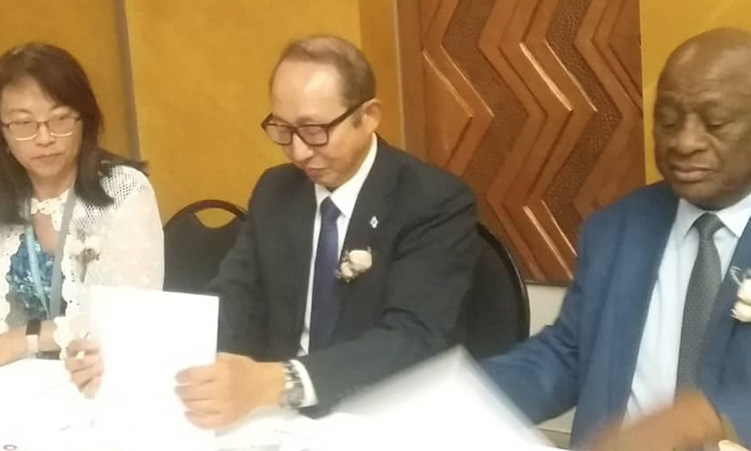This year marks the 116th anniversary of the closure of notorious concentration camps in Namibia.
Major Ludwig von Estorff, the new commander of the German colonial military forces, the Schutztruppe, took the decision to shut down the camps in April 1907.
Sadly, a detailed sacred history of our great martyrs and those who suffered during the anti-colonial war of resistance is largely unaccounted for in the annals of our history
As a result, there is a knowledge gap among Namibians.
It is pivotal to showcase that horrific period and the subsequent years of immense suffering among indigenous people.
It was an era marked by summary executions, depopulation, debasement, dispossession, impoverishment, perpetual hunger and disease at concentration camps such as Shark Island at Lüderitz.
It is appropriate to establish memorials, through proper channels such as chapters in books, memoirs, lessons, lectures, action plays, and the like.
The memoirs would cover themes such as racism, Nazism, barbarism, agony, heroism, endurance and hope.
The past offers meaningful insights and a wealth of knowledge about ourselves, if we can face it fearlessly.
Roman lawyer and writer Cicero is quoted as saying: “To be ignorant of what occurred before you were born is to remain always a child.
For what is the worth of human life, unless it is woven into the life of our ancestors by the records of history?”
ATROCITIES
Oral and written history tells us of five main concentration camps: Windhoek (Alte Feste and Trans-Namib railway station), Swakopmund, Shark Island at Lüderitz, Otjomukuiju near Otavi, and at Ombakaha, Otjinene constituency.
More than 10 000 Ovaherero and Nama men, women and children died in those camps between March 1905 and April 1907.
German forces guarding the concentration camp at Swakopmund were so notorious for their cruelty against their war prisoners that the concentration camp later became known as ‘orumbo ruakatjombondi’ (meaning sanitary landfill in the Otjiherero dialect).
On 28 September 1905, a South African newspaper, the Cape Argus, detailed some of the abuses at Shark Island under the heading ‘The German South West Africa: Further Startling Allegations: Horrible Cruelty’.
Percival Griffith, an accountant, who owing to hard times took up transport work at Angra Pequena, Lüderitz, related his experiences:
“The women who are captured and not executed are set to work for the military as prisoners … saw a number of them at Angra Pequena put to the hardest work, and so starved they were nothing but skin and bones … They were given hardly anything to eat, and have very often seen them pick up bits of refuse food thrown away by transport riders. If they are caught doing so, they are sjamboked (whipped).
“There are hundreds of them, most women and children and a few old men … when they fall they are sjamboked by the soldiers in charge … with full force, until they get up … I saw a woman carrying a child of under a year old slung at her back, and with a heavy sack of grain on her head … she fell. The corporal sjamboked her certainly [for] more than four minutes and sjamboked the baby as well … the woman struggled slowly to her feet, and went on with her load. She did not utter a sound the whole time but the baby cried very hard.”
FORCED LABOUR
At Shark Island, prisoners were subjected to hard labour.
This labour was made available by the German army’s ‘Etappenkommando’ for use by private companies in the Lüderitz area, working on infrastructure projects such as the construction of the railway and harbour, and the levelling of Shark Island using explosives.
The highly dangerous and physical work inevitably led to widespread sickness and deaths.
The majority of prisoners died through preventable diseases such as typhoid and scurvy, exacerbated by malnutrition, overwork and unsanitary conditions in the camps.
Other factors such as minimal food rations, malnutrition and maltreatment led to high mortality rates. Prisoners typically received a handful of uncooked rice without cooking utensils.
As we commemorate the yet-to-be proclaimed National Genocide Remembrance Day, on May 28, may the souls of our martyrs and ancestors live forever in our memories and deeds.
At this time, it is apt to draw on a deep reflection from a poem by Jude Chukwuemeka Muoneke (Nigerian writer):
The Martyrs
Our Fallen Heroes
In Tears We Lay You to Rest
We are Forever Pained.
- Retired major general JB Tjivikua is a descendant of the 1904-1908 Ovaherero/ Nama genocide victims.
Stay informed with The Namibian – your source for credible journalism. Get in-depth reporting and opinions for
only N$85 a month. Invest in journalism, invest in democracy –
Subscribe Now!






